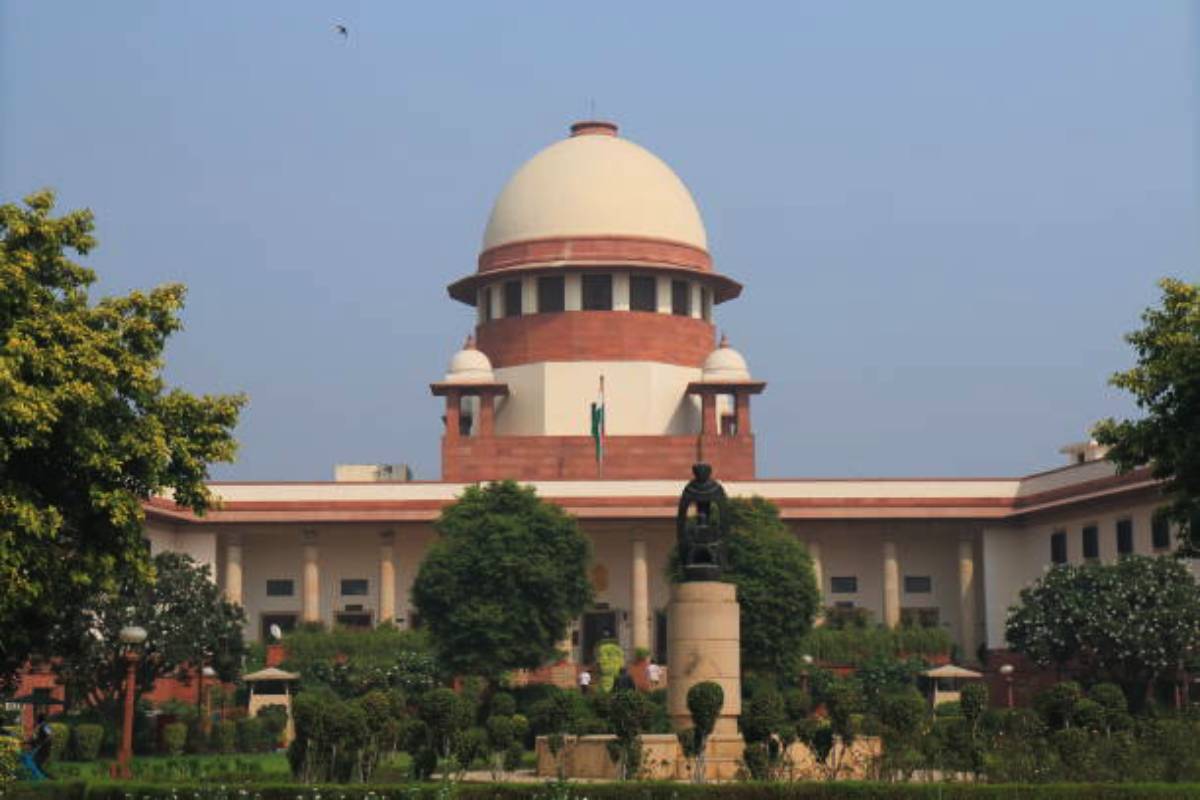The Supreme Court on Wednesday set aside a Bombay High Court judgment which acquitted former Delhi University professor G.N. Saibaba in an alleged Maoist links case.
A bench headed by Justice M.R. Shah remanded the matter back to the high court for fresh consideration and also kept the question of law (including sanction) open.
Advertisement
The apex court suggested that the case should be heard by a different bench, and not by the same one which passed the order, as the previous bench had already formed an opinion on the question of sanction.
The top court asked the high court to dispose of the appeals expeditiously, preferably within four months.
The top court’s order came on the Maharashtra government plea against the high court judgment passed in October 2022, which allowed an appeal filed by Saibaba challenging a 2017 trial court decision convicting and sentencing him to life imprisonment.
Solicitor General Tushar Mehta, represented Maharashtra government along with advocates Siddharth Dharmadhikari, Aaditya Pande and Abhikalp Pratap Singh.
On October 15, 2022, the Supreme Court suspended the October 14 order of the Bombay High Court discharging Saibaba and five others in the Maoist links case.
The top court had noted then that the high court had not considered the matter on merits, and rather took a shortcut to decide the matter.
It added that the high court discharged the accused only on the ground that sanction was invalid and it was pointed out that there was irregularity in granting sanction by concerned authority.
The Maharashtra government had moved the apex court questioning the validity of the Bombay High Court’s judgment discharging Saibaba and the five others in the case of having links with banned Maoists organisations due to absence of sanction.
“The High Court has erred in not considering the fact that the point of sanction was neither raised nor argued before the trial court and yet the trial court had rightly concluded the said point against the accused holding that there was no substantial failure of justice,” the state government said in its appeal.
















